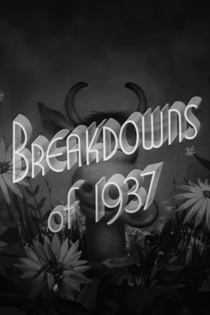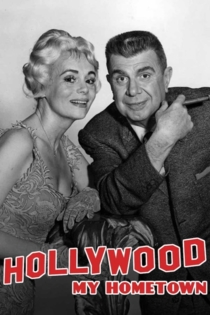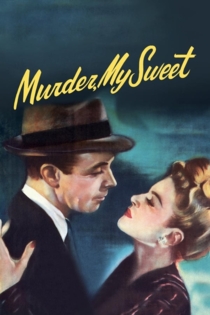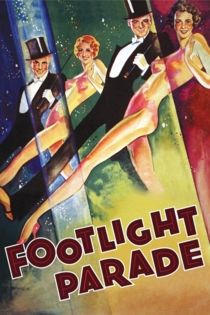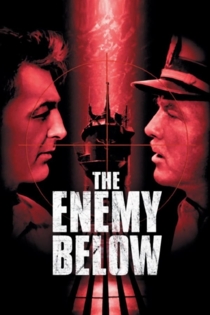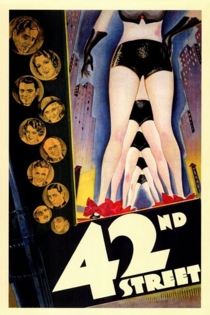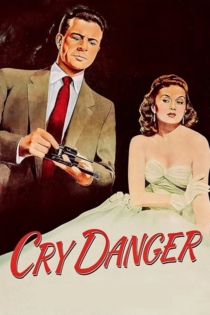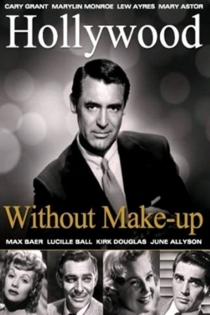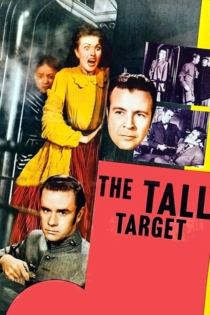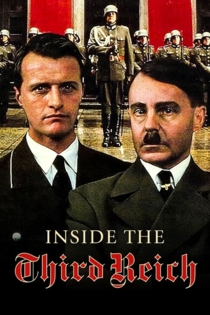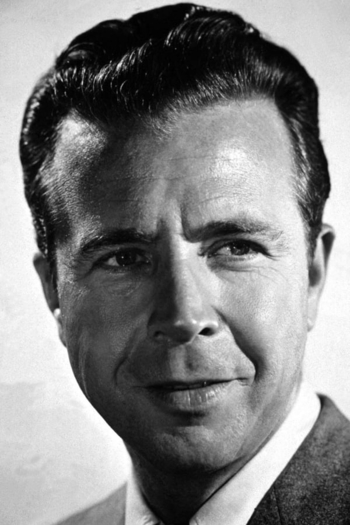
Dick Powell
1904 - 1963Born in Mountain View, the seat of Stone County in northern Arkansas, Powell attended the former Little Rock College in the state capital, before he started his entertainment career as a singer with the Charlie Davis Orchestra, based in the midwest. He recorded a number of records with Davis and on his own, for the Vocalion label in the late 1920s.
Powell moved to Pittsburgh, where he found great local success as the Master of Ceremonies at the Enright Theater and the Stanley Theater. In April 1930, Warner Bros. bought up Brunswick Records which at that time owned Vocalion. Warner Bros. was sufficiently impressed by Powell's singing and stage presence to offer him a film contract in 1932. He made his film debut as a singing bandleader in Blessed Event. He went on to star as a boyish crooner in movie musicals such as 42nd Street, Footlight Parade, Gold Diggers of 1933, Dames, Flirtation Walk, and On the Avenue, often appearing opposite Ruby Keeler and Joan Blondell.
Powell desperately wanted to expand his range but Warner Bros. wouldn't allow him to do so, although they did (mis)cast him in A Midsummer Night's Dream (1935) as Lysander. This was to be Powell's only Shakespearean role and one he did not want to play, feeling that he was completely wrong for the part. Finally, reaching his forties and knowing that his young romantic leading man days were behind him he lobbied to play the lead in Double Indemnity. He lost out to Fred MacMurray, another Hollywood nice guy. MacMurray’s success, however, fueled Powell’s resolve to pursue projects with greater range and in 1944, he was cast in the first of a series of films noir, as private detective Philip Marlowe in Murder, My Sweet, directed by Edward Dmytryk. The film was a big hit and Powell had successfully reinvented himself as a dramatic actor.
The following year Dmytryk and Powell re-teamed to make Cornered, a gripping, post-WWII thriller that helped define the film noir style. He became a popular "tough guy" lead appearing in movies such as Johnny O'Clock and Cry Danger. But 1948 saw him step out of the brutish type when he starred in Pitfall, a film noir that sees a bored insurance company worker fall for an innocent but dangerous femme fatale, played by Lizabeth Scott. Even when he appeared in lighter fare such as The Reformer and the Redhead and Susan Slept Here (1954) he never sang in his later roles. The latter, his final onscreen appearance in a feature film, did include a dance number with costar Debbie Reynolds.
From 1949-1953, Powell played the lead role in the National Broadcasting Company radio theater production Richard Diamond, Private Detective. His character in the 30-minute weekly was a likable private detective with a quick wit. When Richard Diamond came to television in 1957, the lead role was portrayed by David Janssen.
Screen Snapshots (Series 16, No. 1)
Ralph Staub
Bette Davis, Jimmy Durante
Viewers are provided a visit to Ken Maynard's private circus; Bette Davis poses for her portrait; Frank McHugh plays with his children; a visit to the West Side Tennis Club affords glimpses of many stars.
Screen Snapshots (Series 16, No. 1)

Hollywood Out-takes and Rare Footage
Stanley Sheff, Bruce Goldstein
Gig Young, Bud Abbott
Out-takes (mostly from Warner Bros.), promotional shorts, movie premieres, public service pleas, wardrobe tests, documentary material, and archival footage make up this star-studded voyeuristic look at the Golden age of Hollywood during the 30s, 40, and 50.
Hollywood Out-takes and Rare Footage
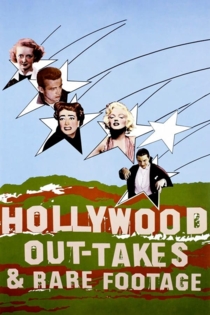
Gold Diggers of 1933
Mervyn LeRoy
Warren William, Joan Blondell
Things get tough for Carol and her showgirl pals, Trixie and Polly, when the Great Depression kicks in and all the Broadway shows close down. Wealthy songwriter Brad saves the day by funding a new Depression-themed musical for the girls to star in, but when his stuffy high-society brother finds out and threatens to disown Brad, Carol and her gold-digging friends scheme to keep the show going, hooking a couple of millionaires along the way.
Gold Diggers of 1933
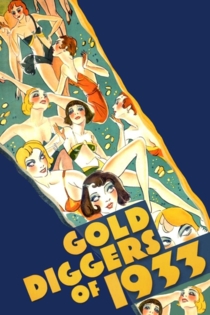
The Bad and the Beautiful
Vincente Minnelli
Lana Turner, Kirk Douglas
Told in flashback form, the film traces the rise and fall of a tough, ambitious Hollywood producer, Jonathan Shields, as seen through the eyes of various acquaintances, including a writer, James Lee Bartlow; a star, Georgia Lorrison; and a director, Fred Amiel. He is a hard-driving, ambitious man who ruthlessly uses everyone on the way to becoming one of Hollywood's top movie makers.
The Bad and the Beautiful
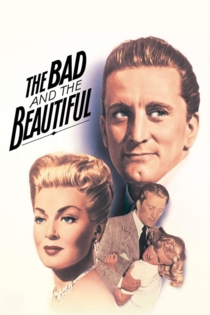
Christmas in July
Preston Sturges
Dick Powell, Ellen Drew
An office clerk loves entering contests in the hopes of someday winning a fortune and marrying the girl he loves. His latest attempt is the Maxford House Coffee Slogan Contest. As a joke, some of his co-workers put together a fake telegram which says that he won the $25,000 grand prize.
Christmas in July
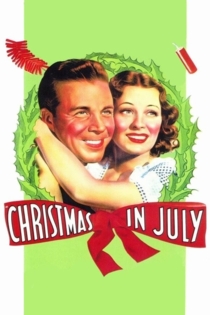
That's Dancing!
Jack Haley Jr.
Mikhail Baryshnikov, Ray Bolger
A documentary film about dancing on the screen, from it's orgins after the invention of the movie camera, over the movie musical from the late 20s, 30s, 40s 50s and 60s up to the break dance and the music videos from the 80s.
That's Dancing!

